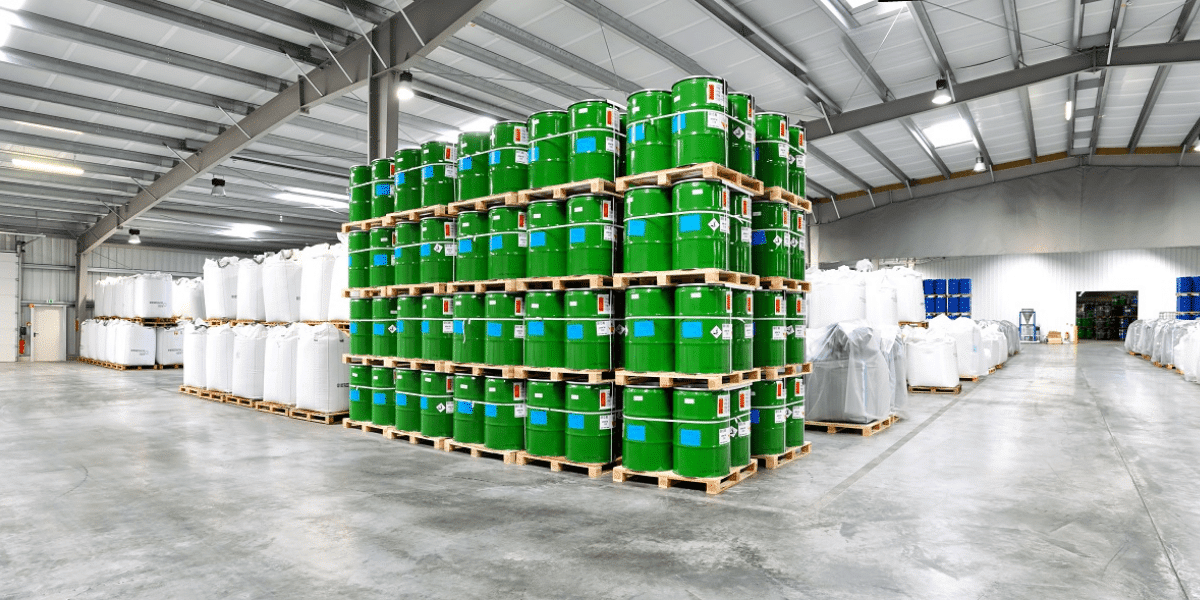As environmental concerns continue to grow, businesses are recognizing the importance of using ecofriendly fuel. Traditional fossil fuels have long been a major source of greenhouse gas emissions and air pollution, contributing to climate change and adverse health effects. This post will discuss the significance of environmentally friendly and its applications; as companies strive to reduce their carbon footprint and foster a sustainable future.
Advantages of Environmentally Friendly Fuel
Eco-friendly fuels, such as biodiesel, produce lower or zero net greenhouse gas emissions when compared to conventional fossil fuels. Using these fuels also helps mitigate the impact of air pollutants like particulate matter and volatile organic compounds (VOCs).
These fuels often rely on renewable resources produced locally, reducing dependence on imported fossil fuels, and some – like biodiesel – can be produced from waste material. Finally, the shift towards environmentally friendly fuels has spurred investment in other renewable energy technologies, driving economic growth and job creation in the clean energy sector.
Applications of Environmentally Friendly Fuel
Sustainable fuels have a wide variety of applications:
- Transportation – these fuels power vehicles like electric cars, hybrids, compressed natural gas (CNG) vehicles, and ones that use biofuels
- Energy generation – renewable fuels play a crucial role in the generation of clean electricity, with technologies like solar, wind, and hydroelectric power
- Industrial processes – some industries, such as aviation and shipping, are exploring environmentally friendly alternatives like biofuels to reduce their carbon footprint
- Heating and cooling – these fuels can be used for heating and cooling applications, such as geothermal heating systems and solar thermal energy
Challenges and Adoption
As beneficial as fuels that are more environmentally friendly sound, they are not without shortcomings.
One of the main challenges in adopting environmentally friendly fuels is the need for infrastructure development and ensuring compatibility with existing equipment and vehicles.
Additionally, some environmentally friendly fuels may initially have higher production costs than traditional fossil fuels, impacting their widespread adoption.
Fortunately, supportive policies and regulatory frameworks play a crucial role in encouraging businesses to transition to environmentally friendly fuels, incentivizing sustainable practices and investments.
More Information about Environmental Practices
The adoption of environmentally friendly fuel is a critical step for businesses seeking to reduce their environmental impact and foster sustainability. The advantages of lower greenhouse gas emissions, improved air quality, energy security, and more make these fuels a compelling choice for forward-thinking companies. One such company that has been providing smarter, safer chemical solutions is Ecolink. For more than 30 years, businesses have been relying on the chemical advice of our expert team. Request a free consultation from our team here or browse a list of all our products in our online store.















